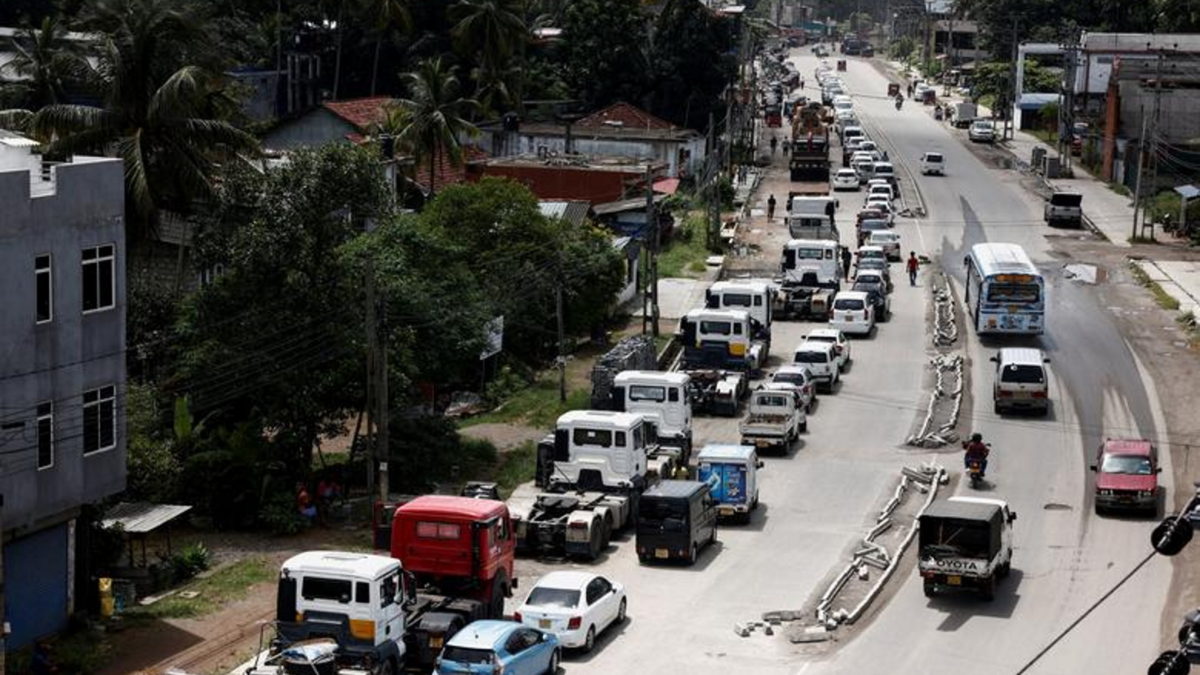50 million Africans face hunger after crops fail again – ‘The situation is critical. We are at the point of no return.’
By John Vidal
22 May 2016 Lilongwe, Malawi (The Guardian) – Up to 50 million people in Africa will need food by Christmas as a crisis across the continent triggered by El Niño worsens, the UN and major international charities have warned. A second year of deep drought in much of southern and eastern Africa has ravaged crops, disrupted water supplies and driven up food prices, leaving 31 million people needing food now, and 20 million more likely to run out this year. A further 10 million people in Ethiopia, six million in southern Sudan and five million in Yemen were in danger of starvation after floods and drought, said the UN. The severest El Niño in 30 years was expected to tail off in the next month as hot equatorial waters in the Pacific returned to normal temperatures, but its effects would be felt for many more months, said the World Food Programme. Stephen O’Brien, the UN’s humanitarian chief, said: “The collective impact of the El Niño phenomenon has created one of the world’s biggest disasters for millions of people, yet this crisis is receiving little attention. “The numbers are staggering. One million children in eastern and southern Africa alone are severely acutely malnourished, and across southern Africa 32 million people need assistance and that figure is likely to increase.” The UN predicts that food will start running out on a large scale by July, with the crisis peaking between December and next April. Malawi, Mozambique, Lesotho, Zimbabwe, Namibia, Madagascar, Angola, and Swaziland have declared national emergencies or disasters, as have seven of South Africa’s nine provinces. Botswana, Kenya, Somalia, and the Democratic Republic of the Congo have also been badly hit. In Zimbabwe, President Robert Mugabe has appealed for foreign aid to buy food and Malawi is expected to declare in the next few weeks that more than 8 million people, half the population, will need food aid by November. Maize prices have risen by 60% across much of the region within a few months. Seven million people in Syria, 10 million in Ethiopia and 14 million in Yemen also needed food urgently, said the UN. Elhadj As Sy, secretary-general of the International Federation of Red Cross and Red Crescent Societies, pledged $110m after visiting Malawi and Zimbabwe last week. “We cannot describe enough how dire the situation is,” he said. Abdoulaye Balde, the World Food Programme country director in Mozambique’s capital, Maputo, said: “The situation is critical. We are at the point of no return.” [more]
50 million Africans face hunger after crops fail again


A terrible, tragic situation. Exacerbated by bad reporting. Not a single mention of climate change. But the claim that the Pacific water temperatures will return to "normal" after El Nino tapers off (wrong). El Nino didn't do this. And reporter knows this but refused to report it (or the editors refused to publish it).
"The concern is that slow-onset emergencies, such as the one we are dealing with in southern Africa, do not get enough attention because they creep up on us."
Oh, really? The El Nino effect didn't last long enough (all by itself) to create such a huge humanitarian crisis. The total number of people afflicted being reported is 72 million facing starvation. Starvation is not the same thing as malnourished or underfed. Starvation means widespread death. If there are 72 million facing death by December, how many more are being malnourished?
These things do not happen overnight, but take years to unfold, and El Nino cannot be blamed for all of it. The reality is there are at least 72 million more climate refugees that the world needs to help, with the real number exceeding 100 million – by December.